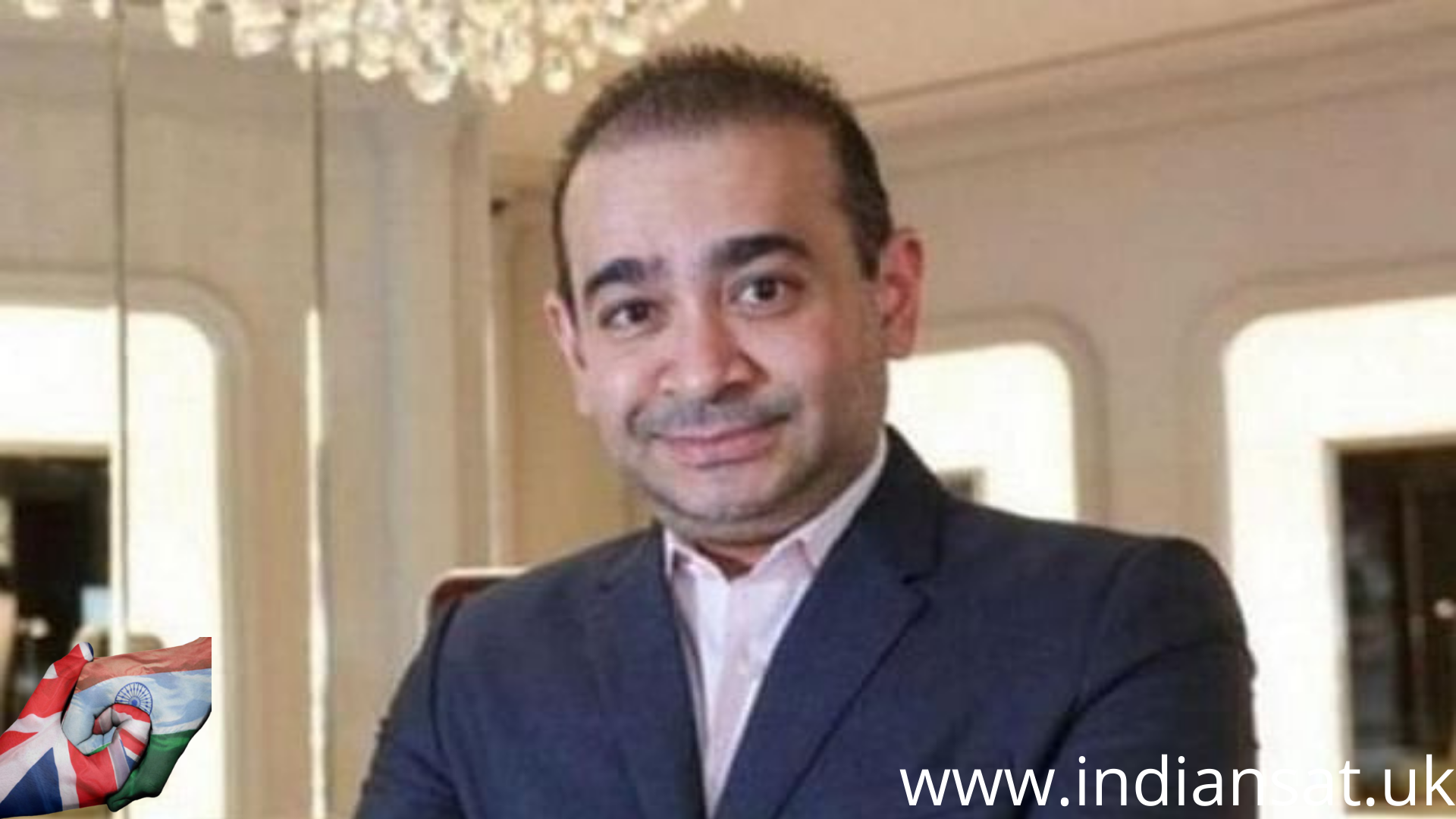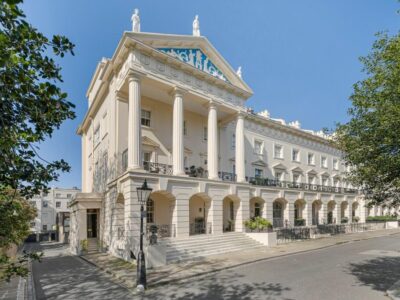Fugitive diamond merchant Nirav Modi, whose extradition to India was ordered last month by UK Home Secretary Priti Patel in the estimated $2-billion Punjab National Bank (PNB) scam case, has filed an application for permission to appeal against the order in the High Court in London.
The Crown Prosecution Service (CPS) confirmed an appeal has been lodged but a High Court judge who will make a decision on the matter is yet to be assigned.
In the first instance, a High Court judge will make a decision “on the papers” submitted for the appeal and determine if there are any grounds for an appeal against the Home Secretary’s decision or the Westminster Magistrates Court February ruling in favour of Modi’s extradition to India to face charges of fraud and money laundering.
Following that decision, there is scope for the defence team to seek an oral hearing to plead their case. There are no certain time-frames for the legal processes involved, which could take months.
“We are waiting to see if they do apply for permission to appeal. If they are allowed to appeal then we would contest any appeal proceedings on behalf of the GOI (government of India),” a CPS spokesperson had said earlier.
Meanwhile, 50-year-old Modi remains behind bars at Wandsworth Prison in south-west London since his arrest over two years ago on March 19, 2019.
In his ruling in February, District Judge Sam Goozee said that the diamond merchant has a case to answer before the Indian courts and that the bars to extradition under UK law do not apply in his case.
As part of a very comprehensive judgment, the judge concluded that he was satisfied that there is evidence upon which Modi could be convicted in relation to the conspiracy to defraud the PNB.
The court had also accepted that while Modi’s mental health had deteriorated due to the lengthy incarceration in a London prison, exacerbated by the Covid-19 pandemic, his risk of suicide did not meet the high threshold to conclude that it would be “unjust or oppressive” to extradite him.
![]()






